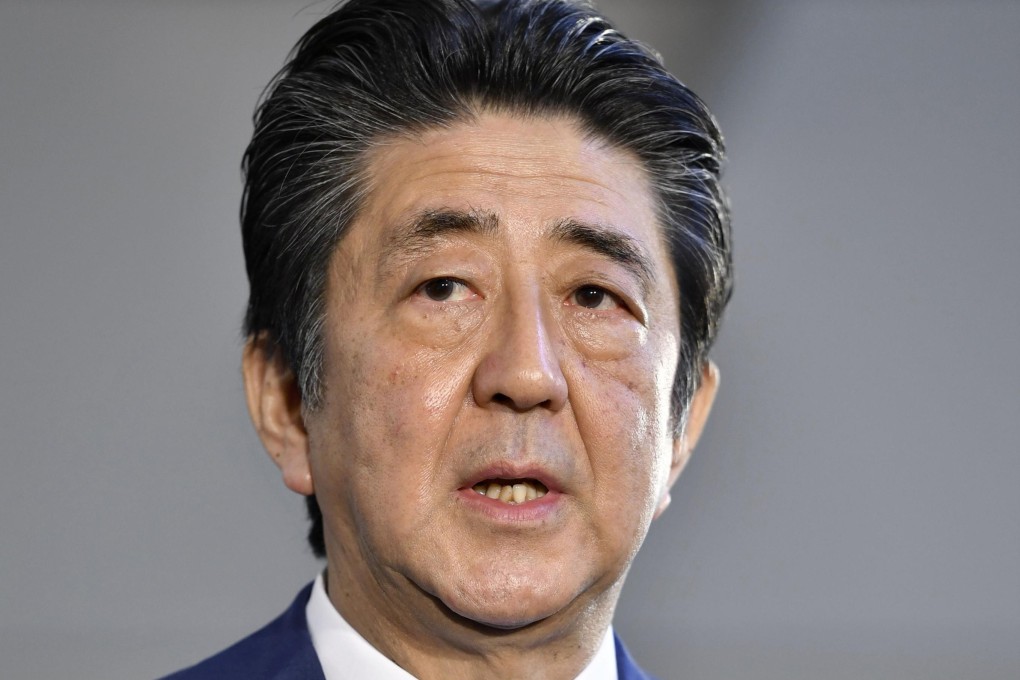Editorial | Shinzo Abe should focus on reforming Japan’s economy
- The country’s longest-serving prime minister must concentrate less on amending the pacifist constitution and more on easing regional concerns and his failures at home

Shinzo Abe came to the leadership of Japan in 2012 promising to end two decades of stagnation after the bursting of an economic bubble in the 1990s followed by prolonged recession. This month he became the country’s longest-serving prime minister, counting a year in office in 2006-07. But longevity does not necessarily reflect mission fully accomplished. Abe staked a deflation-busting recovery on “Abenomics”, a three-arrowed strategy to promote sustainable growth through monetary, fiscal and structural policies that stimulated business investment and consumer spending. The first two arrows involved massive policy easing and generous public spending that did revive growth. However, the third arrow of structural reform was crucial if the economy was to adapt to change. Alas, reform of old ways remains Japan’s Achilles’ heel. The third arrow has missed multiple targets.
Notably, Abe has failed to increase the representation of women in senior executive ranks of the public and private sectors, and corporate Japan continues to hoard profits instead of investing in talent, technology and innovation. The country is therefore not well prepared for the challenges of an uncertain strategic and economic future, including population decline of nearly 20 million by 2050.
Analysts attribute Abe’s longevity to a weak and divided opposition and a strong desire for stability among voters. Recent opinion polls indicate his Liberal Democratic Party’s position remains unassailable. Abe claims a close relationship with US President Donald Trump, but relations with Asian neighbours are a concern, against the background of China’s economic and military rise. There is no sign of a thaw with North Korea, and South Korean court rulings that Japanese companies must pay compensation for actions during colonial rule have hurt ties with Seoul. This only adds to regional concerns about Abe’s signature political ambition – to amend Japan’s pacifist constitution without majority public support. Old aggression and war crimes remain open wounds. In the interests of regional stability and relations with former wartime enemies, his country would be better served if Abe devoted the remainder of his political ascendancy to reform of the world’s third-biggest economy.
